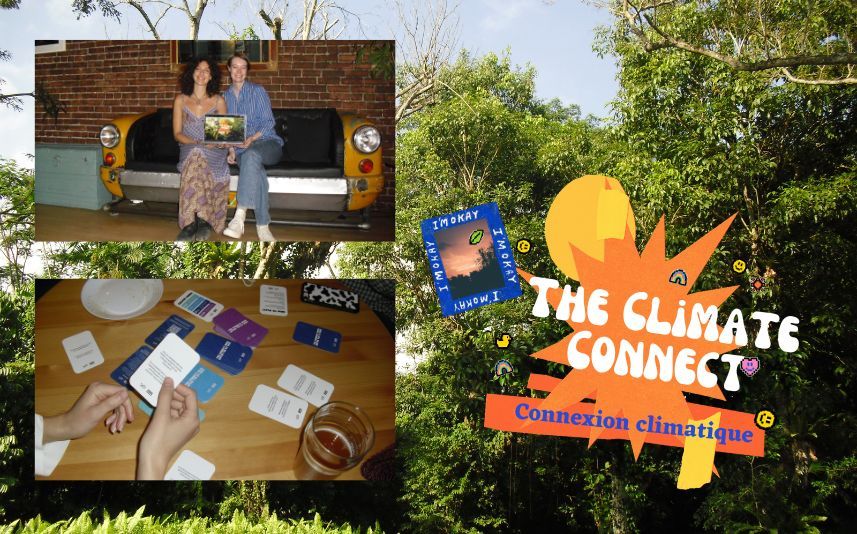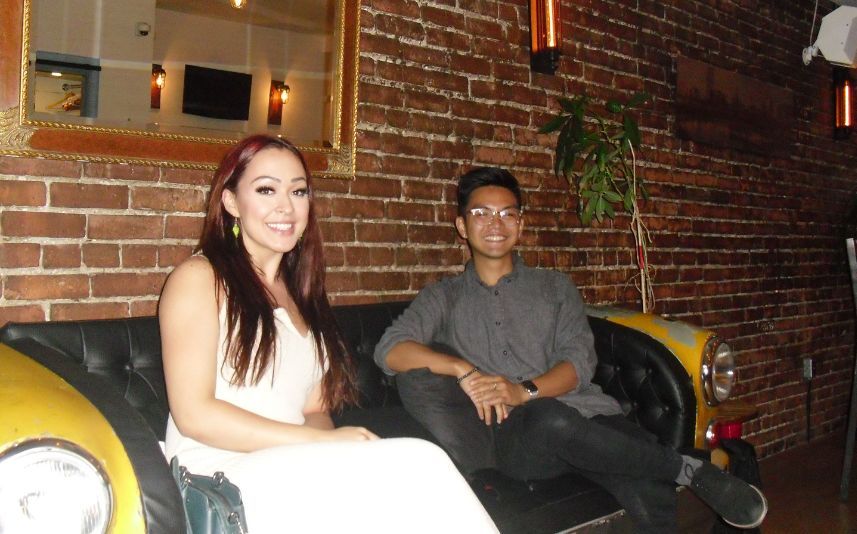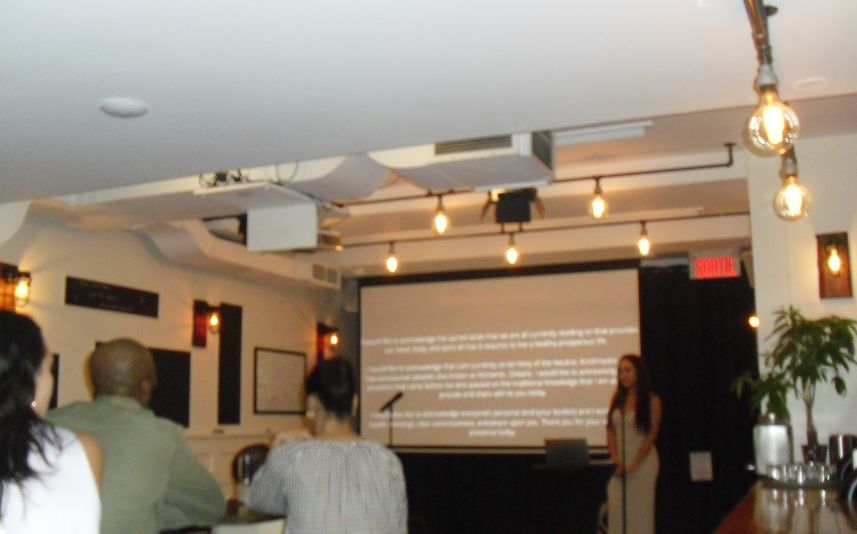The Climate Connect/ Connextion Climatique

Project Details
Project dates
Location

Project Lead
Collaborator
What does it look like if climate conversations were open-ended? Should they be? The Climate Connect explored this question by creating a 100 question card-deck accompanied by an event that featured two-speakers.
Project Description
Over the course of summer 2023, we began to think about how people in the city could engage with the climate crises in a way that’s motivating, not intimidating. The Climate Connect began as an exploration of what space/topics/speakers etc would make people feel comfortable and be able to talk about the larger discussion that surrounds climate justice, like eco-anxiety and privilege. To facilitate the event, we wanted to create conversation cards so we reached out to the local company, happy tears. Brandon, the founder, was excited to collaborate and thus began the two month journey of creating these cards. From inception to design, Brandon was extremely helpful and kind and we loved working with such a positive organization. The Connect Deck: Climate Action, was born as a tool for people of most ages and all paths to use with their community and spark hopeful and meaningful conversations around the climate crises.
A crucial part of the event was having two speakers from different backgrounds present something important to them.
First, we had Miguel Felismino, a microplastic expert pursuing his PHD at McGill. We learned about the sheer amount of plastic production in the world (398 billion pounds produced in 2019), and how 79% of them end up in natural environments. We learned about how plastic interacts with these environments, and how microplastics are not all equal. In particular, we focused on n the St Lawrence river and how microplastics affect migratory fish pathways.
Second, Bryanna R Brown, spoke about the importance of Indigenous Sovereignty and self-determination representing Indigenous Climate Action (ICA). Particularly we learned about how clean energy under capitalism will always mean violence against the earth, through a recap of the 2021 Report from ICA. She brought to light how we need systems to change, and this includes healing justice. Through a lens of land back and vulnerability, we learned about the importance of truly giving Indigenous peoples decision-making ability on their traditional land.
Having these two knowledgeable speakers to speak about different facets and scales of the climate crises allowed for the start of many different conversations as participants were able to engage with one another.
What was your biggest challenge?
In any form of event design and product design, I think that we have to think critically about who the target audience is and the purpose of it. We wanted to create cards that are thought-provoking, accessible and inclusive – but not watered-down. The same for the coinciding event. However, summer is short, and we were both developing this while committed to full-time jobs. Looking back, a challenge was maybe not having enough time or space to be able to consult many people about the content of the cards and in future work this will be a huge priority.
Another large challenge was finding an available and affordable venue for our event. We contacted around 20 different venues, but only a few responded. The logistical aspects of this event revealed so much about how the execution is of course important just as much as the design.
What was your most valuable takeaway?
My most valuable takeaway was learning how to organize an event from beginning to end and quickly dealing with unforeseen problems. Creating an inclusive space to learn and share ideas was both challenging and extremely rewarding. Every stage of the planning process was an opportunity to acquire different skills while engaging in climate action.
Bonus : I’m grateful I shared this experience with Vanja. She opened my eyes to the importance of positivity in the climate crisis. I learned a lot from her and am lucky to call her a friend.
– Laurence
My most valuable takeaway was seeing how open and honest people can be from diverse backgrounds. Many of the people who came to the event are in different stages of life, exposed to different sectors, so being able to come together was really nice. I think that it really cemented that for a lot of us, we just need a conversation to begin engaging with the climate crises in a meaningful way and that we can’t ignore the emotional component or the community aspect that might necessitate taking that first step.
Last little thoughts: I loved working with someone from a completely different background as me and I think we made such an amazing team. I am so grateful for Laurence as a friend, and excited to see her adventures in the future.
– Vanja
Note: This blog was co-authored by both Vanja and Laurence, just as the event as cards were co-created by both of us.
In the media: Your climate future is in the cards | Canada’s National Observer: Climate News
Find the cards here: the connect deck: climate action [limited edition] – HappyTears.ca







